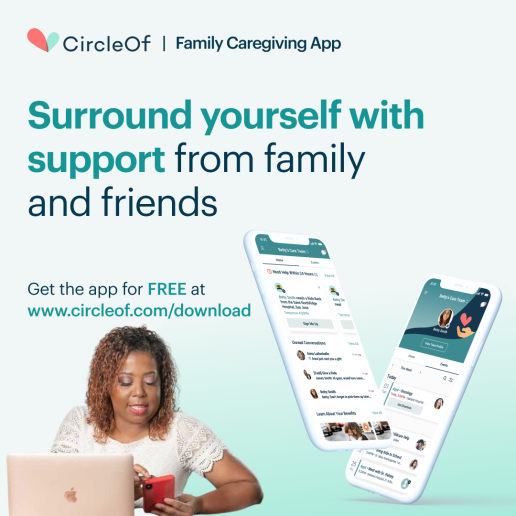By Roz Jones
Goal setting is an important part of self-care. When we set goals, we are taking charge of our lives and charting a course for our future. Achieving our goals gives us a sense of accomplishment and satisfaction that can boost our mood and confidence.
Caregivers often have a lot on their plate, and it can be easy to let goal-setting fall by the wayside. But taking the time to set goals for yourself is an important part of taking care of yourself. When you are clear about what you want to achieve, you are more likely to achieve it. And when you achieve your goals, you’ll feel good about yourself—which is an important part of self-care.
How to Set Goals
- The first step in setting goals is to decide what you want to achieve. What are your long-term and short-term goals? What do you want to accomplish in the next week, month, or year? Once you have a general idea of what you want to achieve, you can start setting specific goals.
Your goals should be specific, measurable, achievable, relevant, and time-bound. In other words, your goal should be something like “I will walk for 30 minutes every day” rather than “I will exercise more.” A specific goal is more likely to be achieved than a general one.
- You should also make sure that your goal is something that you can realistically achieve. If your goal is too ambitious, you may get discouraged and give up before you reach it. On the other hand, if your goal is too easy, you may not get the satisfaction of accomplishing something challenging.
- Finally, make sure that your goal is relevant to your life and something that you really want to achieve. Achieving a goal that is important to you will be much more rewarding than achieving a goal that isn’t as meaningful.
Once you have decided on a specific goal, write it down or tell someone about it so that you are accountable for achieving it. Then, make a plan for how you will achieve your goal. Break down your goal into small steps that you can complete over time. For example, if your goal is to walk for 30 minutes every day, start by walking for 10 minutes per day and build up from there.
Setting realistic, achievable goals for yourself is an important part of self-care. When you take the time to set goals and develop a plan for how to achieve them, you are taking charge of your life and making choices that will help you improve your well-being. When caregivers make self-care a priority, they are better able to care for their loved ones—so don’t hesitate to set some goals for yourself today!
| Shop The Caregiver Cafe E-Commerce Store! |
| We founded The Caregiver Cafe Shopify Store with one simple goal: to help you experiment with your passion while at the same time providing amazing prices. We were tired of cookie-cutter stores with lackluster selections, and boring gifts. Instead of offering a huge unoriginal collection, we carefully curate just a few unique pieces perfectly suited for people having taste buds like you. We focus on items that get you excited about shopping again, as we believe buying online should always be fun! |

Follow My Pinterest to Stay Updated On Tips About Caregiving!
(Click the link below to follow my Pinterest Account)
ATTENTION: INSTAGRAM UPDATE!!!
Thank you for your patience with me as I attempted to gain access to my Instagram account @rozjonesenterprises! Unfortunately, I have been prompted to create a NEW Instagram account.
Be sure to follow my new Instagram page @rozcaregiverconsulting!
(Click the link above to access my new Instagram page with ease!)
Subscribe to The Caregiver Cafe Weekly Newsletter!

1. YOU ARE NOT ALONE: The problems you face as a caregiver are experienced by other caregivers. Knowing that you’re not alone can be comforting.
2. Tools and Resources: Find caregiver stress management tools and gain perspective from other caregivers’ experiences.
3. LEARN TO: Ask for help, accept help when it is offered, and acknowledge yourself on this caregiving journey. Hear from experts on how to balance caregiving responsibilities by taking care of your needs and involving others to help manage the natural stress and isolation of being a caregiver.







